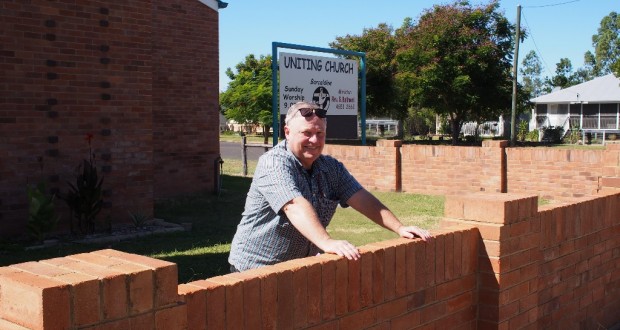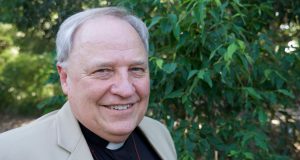When the Son of Man comes, will he find faith on Earth?
“We are as guarded and concerned about our place here as we ever have been. Some in our community are not sure if we’re welcome,” says a Queensland Muslim leader.
“We are reaching out to our young men who are vulnerable —without work, from broken homes, seeking to enfold them into our community,” says a Muslim youth worker.
Engaging at a distance, through the veil of the mass media, one can think many things. Sitting face to face with people, listening, being with leaders who have a heart for their people, this pulls back the veil. A small group of Christian and Muslim leaders is working on building understanding and solidarity between Christians and Muslims in Queensland. Some of our congregations are working on this. This is the most effective space for us to work; given the way the media works in our land, it’s our only space, really.
In some ways, we are dealing with the most primal of human fears, the fear of the other who is different; the struggle to recognise to any consequential depth our common humanity, our shared destiny, let alone see the gift of the other. This pops up in many places, even within the life of our own church. It’s kind of wry—hopeful, even—that the two Christian representatives were from the Catholic and Uniting Churches: both Christian communities in their names—Catholic (universal) and Uniting (bringing together) seem to be pointing to the core of the gospel message that this fear can be overcome.
Christianity is a universal faith; it believes it deals with the whole of creation and subsequently, the whole human family. That brings great hope and a tremendous vista to our own individual lives. It’s meant to engender a confidence, a faith that we don’t have to worry about ourselves; instead we can worry about bigger things—justice, mercy, equity, fulfilment, quality human community.
Yet a universalist faith has a shadow side that must be recognised—it can become subsumed to the fear of the other such that we start believing everyone must become like us. We become blind to our common humanity, and our faith becomes something other than that to which Jesus bore witness. It was that fear that Jesus confronted; it was that fear that led to his rejection and crucifixion. It was that fear that was conquered in his resurrection. The Lord be with you.
Rev David Baker
Moderator, Queensland Synod
 JourneyOnline
JourneyOnline






